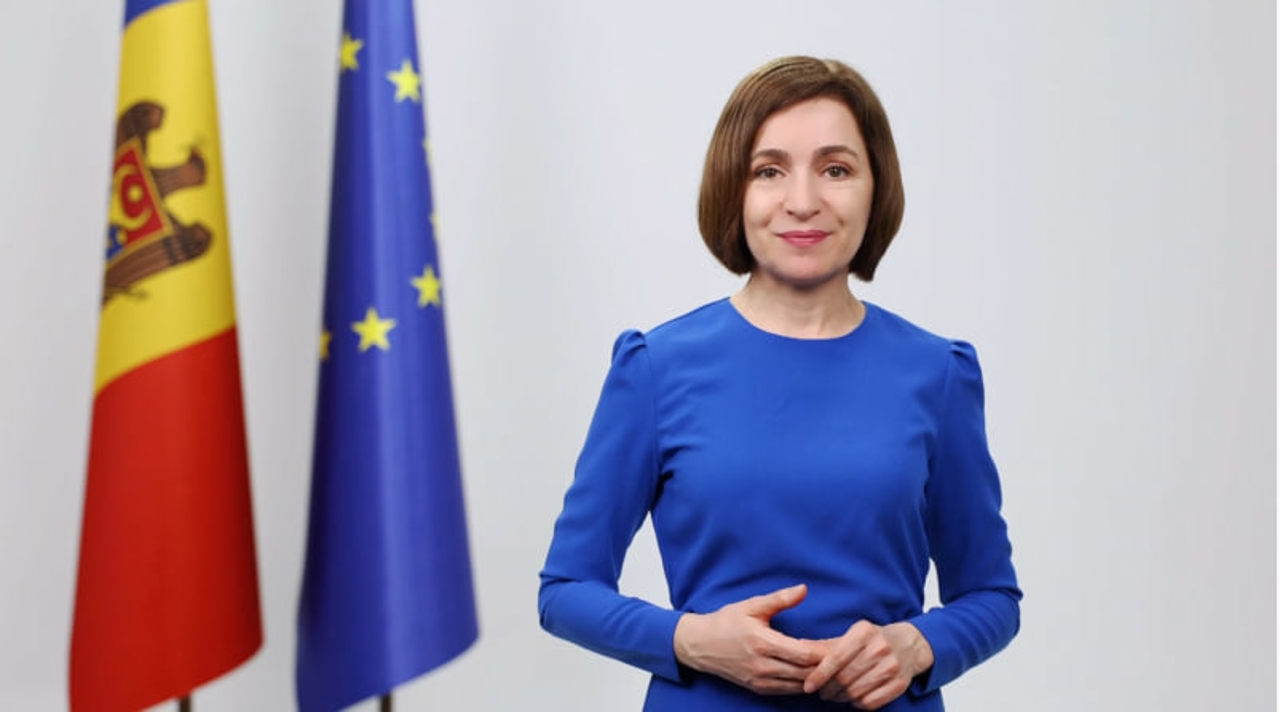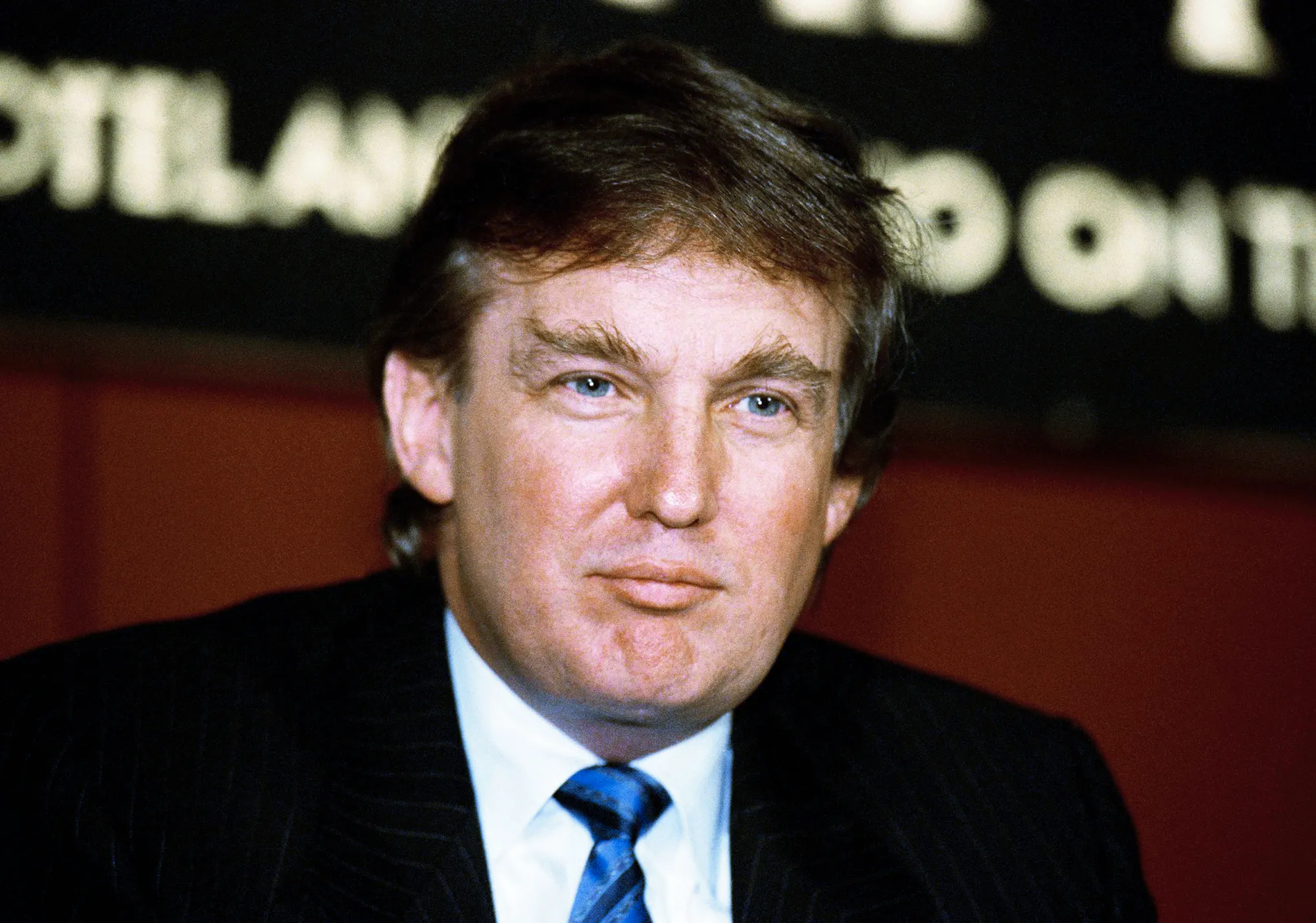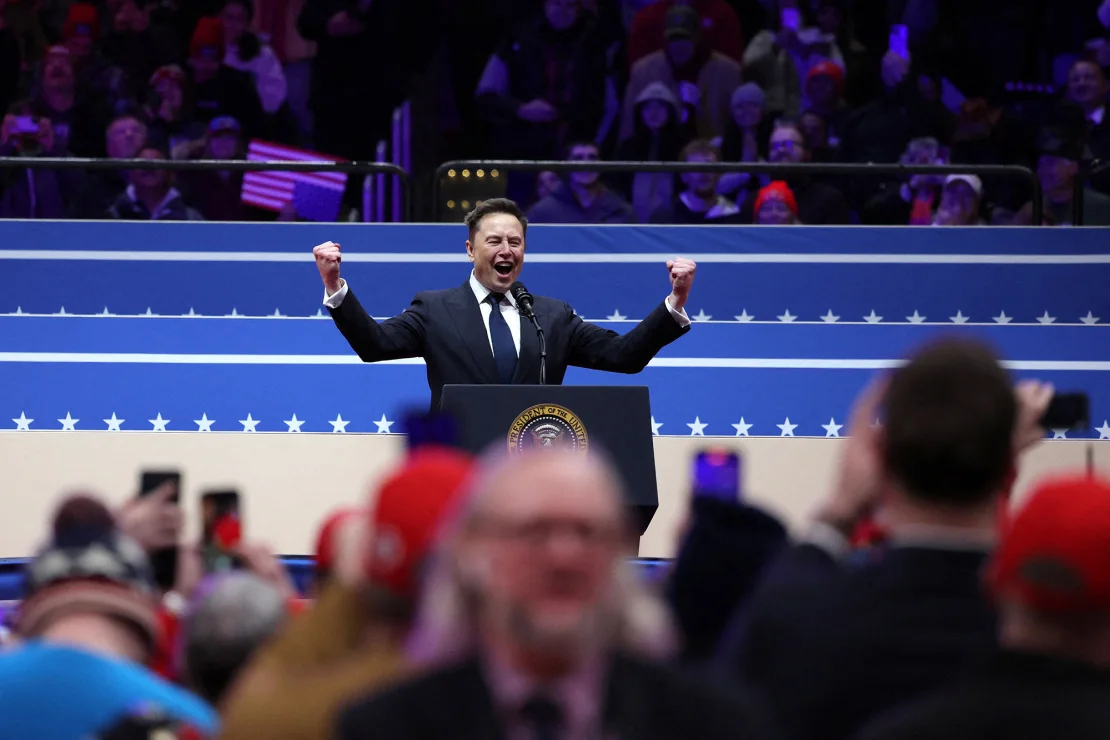A Nation at the Crossroads of Democracy and Autocracy
In a passionate address to the European Parliament on September 9, 2025, Moldovan President Maia Sandu made a compelling case for why Moldova has become not just another EU candidate country, but perhaps the most quintessentially European nation of our time. With parliamentary elections scheduled for September 28, 2025, Sandu’s message was clear: Moldova’s fight for democracy and European integration represents the very essence of what Europe stands for in the 21st century.
The Ultimate Test of European Values
„On 28 September 2025, Moldova will hold the most consequential election in its history,” Sandu warned the European Parliament plenary in Strasbourg. Her words carried the weight of a nation that has become the battleground between democratic aspirations and authoritarian interference. According to Sandu, the outcome of these crucial parliamentary elections will determine whether Moldova consolidates „as a stable democracy on the path to EU membership,” or whether „Russia destabilises us, pulls us away from Europe, and turns us into a threat on Ukraine’s south-western border and Europe’s eastern frontier.”
This binary choice—democracy or dictatorship, Europe or Russia—embodies the fundamental struggle that has defined Europe throughout its history. In Sandu’s vision, Moldova has become the testing ground for European values in their purest form.
A European Success Story in Progress
Moldova’s journey toward European integration has been remarkable in its speed and determination. One week after the start of Russia’s war of aggression in Ukraine, on 3 March 2022, Moldova submitted its request for EU membership. On 23 June 2022, the European Council endorsed the European Commission’s recommendation to grant Chișinău candidate status.
At the European Council meeting on 14 December 2023, EU leaders gave the green light to open accession negotiations. Following the Council’s approval of the negotiating frameworks, the first intergovernmental conferences were held on 25 June 2024 in Luxembourg. With the screening process ongoing since autumn 2024, Moldova is positioning itself to open the first EU accession negotiation cluster in the first half of 2025.
Democracy Under Fire: The Russian Hybrid War
What makes Moldova’s story uniquely European is its experience of defending democracy against sophisticated attacks. President Sandu outlined that Moldova’s lesson, and its warning, is that „if our democracy cannot be protected, then no democracy in Europe is safe.”
The 2024 presidential elections and EU referendum demonstrated both the fragility and resilience of democratic institutions. Although the referendum was widely expected to pass comfortably, the final result was razor-thin, with 50.35% voting ‘yes’ and 49.65% voting ‘no’. President Sandu attributed the narrow margin to foreign interference, describing it as an „unprecedented assault on democracy” supported by „clear evidence” of buying 300,000 votes.
„The Kremlin’s goal is clear”, she said, „to capture Moldova through the ballot box, to use us against Ukraine, and to turn us into a launchpad for hybrid attacks on the European Union.” This stark assessment reveals Moldova as the front line of a new kind of warfare—one that targets the very foundations of democratic governance.
European Solidarity in Action
The response from European leaders to Moldova’s challenges exemplifies the solidarity that defines the European project. Following Sandu’s re-election in November 2024, French President Emmanuel Macron welcomed Sandu’s re-election, posting on X that „democracy has triumphed against all the interference and and all the manoeuvres. France will continue to stand beside Moldova on its European path.”
Ursula von der Leyen, president of the European Commission, likewise praised Maia Sandu, stating on X that „it takes a rare kind of strength to overcome the challenges you’ve faced in this election.” German Chancellor Olaf Scholz praised Sandu for having „steered her country towards Europe,” while denouncing what it described as „a large-scale, coordinated effort” to obstruct Moldovans abroad from voting, including through bomb threats, labeling the intimidation as „completely unacceptable.”
The Most European of Values: Fighting for Democracy
What distinguishes Moldova as perhaps „the most European country” is not its economic prosperity or institutional maturity, but its embodiment of Europe’s core struggle for democratic values. Sandu stressed that, for the Republic of Moldova, EU accession is not just a technocratic process, „it is a race against time – to anchor our democracy inside the Union, where it will be protected from the greatest threat we face.”
She then turned to the EU accession process, highlighting that many current EU countries were not complete democracies when they joined the EU. The same countries had fought dictatorships and overcome economic hardships, and „none of them did it alone”. This historical parallel positions Moldova within the grand narrative of European liberation and democratic consolidation.
Strategic Importance Beyond Symbolism
Moldova’s European credentials extend beyond symbolic value. Moldova plays a vital role in supporting Ukraine. Even though it is among Europe’s poorest countries, it absorbed over 1.5 million Ukrainian refugees at one point during the war and is now home to more than 100,000. It also helps to ship grain to and from Ukraine through its Danube ports, offering an alternative route and alleviating pressure on Ukraine’s Black Sea routes which are often cut off by Russian blockades.
Should Moldova pivot towards Moscow, Ukraine’s support structure will be weakened, undermining the EU’s eastern resilience. This would increase the risk of military attacks around the EU’s borders, with Romania looking particularly threatened, but increased attacks on Poland and the Baltic states not out of the question.
The September 28 Elections: Europe’s Defining Moment
The upcoming parliamentary elections represent more than a domestic political contest. Moldova’s pro-EU president Maia Sandu currently holds 63 seats in the 101-seat parliament as part of the Party of Action and Solidarity (PAS). Since the party came to office in 2021 it has moved closer to the EU, applying for membership in 2021 after the full-scale invasion of Ukraine.
However, PAS is projected to lose vote share, although it is still leading in the polls. This dip in support from an initial 52.8% in the previous parliamentary elections in July 2021 to 25.8% in August 2025 stems from domestic dissatisfaction and lack of progress on its policy platform.
„That is why this election is very important. By defending it, we protect not only Moldova, but also regional security and stability (…) Moldova may be the testing ground. But Europe is the target,” President Sandu continued.
A European Identity Forged in Crisis
What makes Moldova uniquely European is not its geography or history, but its current embodiment of European values under extreme pressure. In facing down Russian interference, defending democratic institutions, and maintaining its European course despite enormous challenges, Moldova has demonstrated the kind of resilience and commitment to democratic values that originally defined the European project.
Sandu has made anti-corruption, economic reform and liberalisation a central part of her political platform, as well as closer integration with Europe. In February 2023, she accused Russia of seeking to stage a coup of the Moldovan government and has continued to seek to reduce Russia’s influence over the country.
The European Commission’s Recognition
The European Union has increasingly recognized Moldova’s exceptional commitment to European values. As recognised by the Council, Chișinău continues to make progress on justice reform, the fight against corruption, and the implementation of the action plan on de-oligarchisation. The EU warmly congratulates Maia Sandu on her re-election for a second term as President of the Republic of Moldova.
Looking Forward: The Path to European Integration
With the aim of opening the first EU accession negotiation cluster in the first half of 2025, the screening process has been ongoing since last autumn. This rapid progress reflects both Moldova’s commitment and European recognition of the country’s strategic importance.
The Moldovan President concluded by saying that Europe has endured – by adapting, rebuilding and turning fragility into strength. By protecting fragile democracies until they grew strong.
Conclusion: The Most European Country
In calling Moldova „the most European country,” we recognize not economic indicators or institutional development, but something more fundamental: the embodiment of European values under their most severe test. Moldova’s fight for democracy, its resistance to authoritarian interference, its commitment to European integration despite enormous challenges, and its solidarity with Ukraine all represent the essence of what Europe aspires to be.
As Maia Sandu told European leaders, Moldova’s experience serves as both lesson and warning for all of Europe. In successfully defending its democratic institutions and European trajectory, Moldova has proven that European values are not just historical artifacts but living principles worth fighting for. The September 28 elections will test whether this most European of countries can continue to serve as a beacon of democratic resilience in an increasingly challenging world.
The stakes could not be higher—not just for Moldova, but for the future of European democracy itself. As President Sandu made clear, Moldova may be the testing ground, but Europe is the ultimate target. In standing with Moldova, Europe stands for itself.


